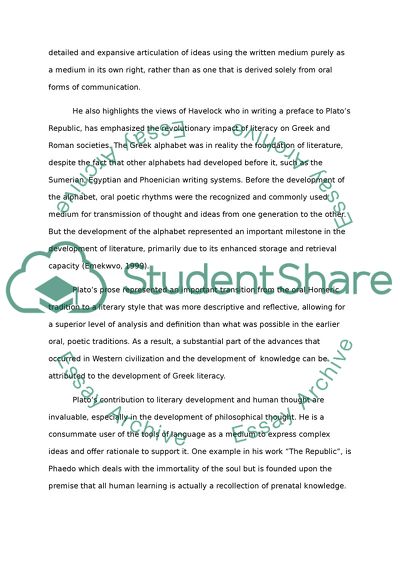Cite this document
(Plato and Derrida's Contribution to Literature Essay, n.d.)
Plato and Derrida's Contribution to Literature Essay. Retrieved from https://studentshare.org/literature/1720954-discuss-the-attempt-of-any-thinkers-on-this-course-to-answer-the-question-what-is-literture
Plato and Derrida's Contribution to Literature Essay. Retrieved from https://studentshare.org/literature/1720954-discuss-the-attempt-of-any-thinkers-on-this-course-to-answer-the-question-what-is-literture
(Plato and Derrida'S Contribution to Literature Essay)
Plato and Derrida'S Contribution to Literature Essay. https://studentshare.org/literature/1720954-discuss-the-attempt-of-any-thinkers-on-this-course-to-answer-the-question-what-is-literture.
Plato and Derrida'S Contribution to Literature Essay. https://studentshare.org/literature/1720954-discuss-the-attempt-of-any-thinkers-on-this-course-to-answer-the-question-what-is-literture.
“Plato and Derrida'S Contribution to Literature Essay”, n.d. https://studentshare.org/literature/1720954-discuss-the-attempt-of-any-thinkers-on-this-course-to-answer-the-question-what-is-literture.


